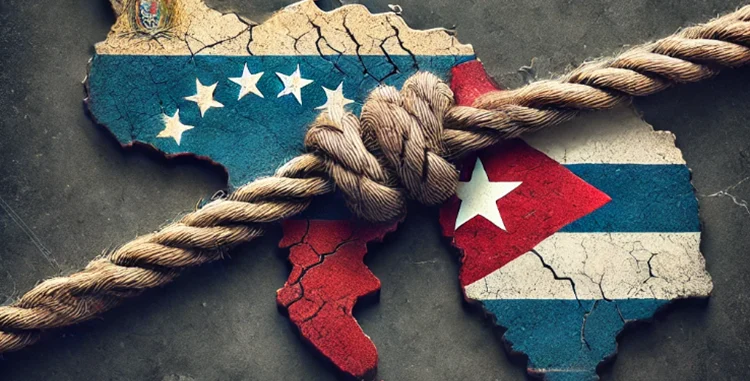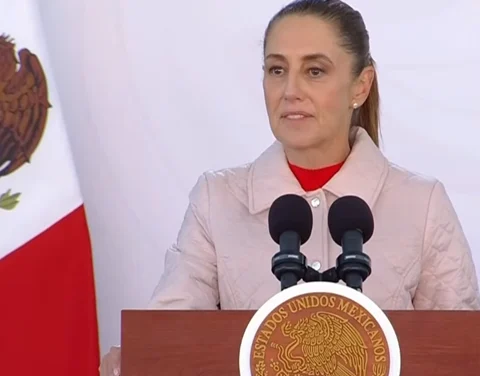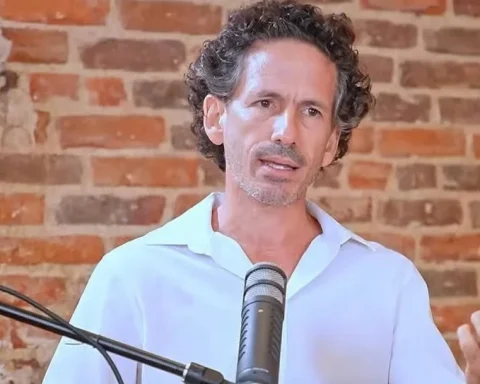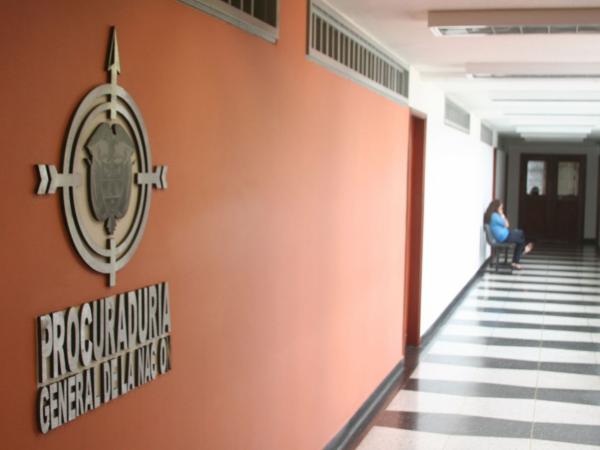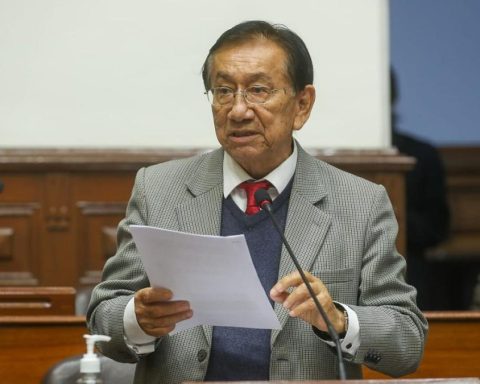HAVANA, Cuba.- An example of the fatalistic defeatism that reigns today among the majority of Cubans is their opinion on the events in Venezuela more than a month and a half after the theft of the July 28 elections.
Due in large part to the manipulation and lies of the official press and Telesur, many of those who had high expectations about the end of the regime Nicolas Maduro and the restoration of democracy, today they rule out that international pressure on Maduro will work and consider the perpetuation of the Chavista dictatorship to be consummated.
There are Cubans abroad who criticize the Venezuelan opposition for having participated in the elections, they question in harsh terms the leadership of María Corina Machado and, as if they forgot that they themselves had to opt for exile, they criticize Edmundo González Urrutia for having asylum seeker in Spain.
More than 65 years of dictatorship have succeeded in instilling in the majority of Cubans, both on and off the island, a fatalistic and paralyzing resignation in the face of the ills that afflict us and which often prevent us from perceiving the facts clearly.
This defeatism affects our national self-esteem and favors the dictatorship.
Even though they complain about the deprivation and miserable life they lead with no prospects for improvement, they end up giving up, resigning themselves. An attitude that fits perfectly with the cynical and immovable assertion that “there is no one who can fix this, but there is no one who can knock it down either.” A phrase that invites inaction and apathy, to “there is nothing to be done.”
The vast majority of the population, hungry and on the verge of destitution due to the crazy economic policies that, since the Ordering Task, have caused rampant inflation, they have long since ceased to believe in or respect the leaders of the regime: they only fear them. And no wonder, if one takes into account the long prison sentences imposed on several hundred people, since the protests of July 11 and 12, 2021 (11J), under the increasingly reinforced draconian laws of a penal code that seems copied from Nazism.
The majority of the population is against the regime, rejects it, but sees no other option. Although at times it seems to them that the regime is in its final stages, they are skeptical about the possibility of change, and brooding over their impotence and despair, they continue to put up with the impositions and abuses of the bosses.
Of the much vaunted “achievements of the revolution,” today only rubble and stubble remain, as evidenced by the increasingly battered health and education, due to the petty crony state capitalism established by the continuity regime, which only maintains the rhetoric and discourse of socialism. But the perverse misinformation to which several generations of Cubans have been subjected and the fear of repression – which continues to be what the regime does best – make the evils we suffer seem inexorable, as if there were no escape from them and no other alternative than to emigrate at any cost.
And many Cubans do not feel safe even abroad. They are those who claim that they emigrated for economic, not political, reasons, and who are afraid to publicly position themselves against Castroism for fear that, as punishment, they will be prevented from visiting their families in Cuba. Thus, they have to resign themselves to the blackmail to which the regime subjects them by using their relatives as hostages, and being contributors to the coffers of the Castro state, through the money they spend on their trips and the sending of remittances, packages and telephone top-ups.
